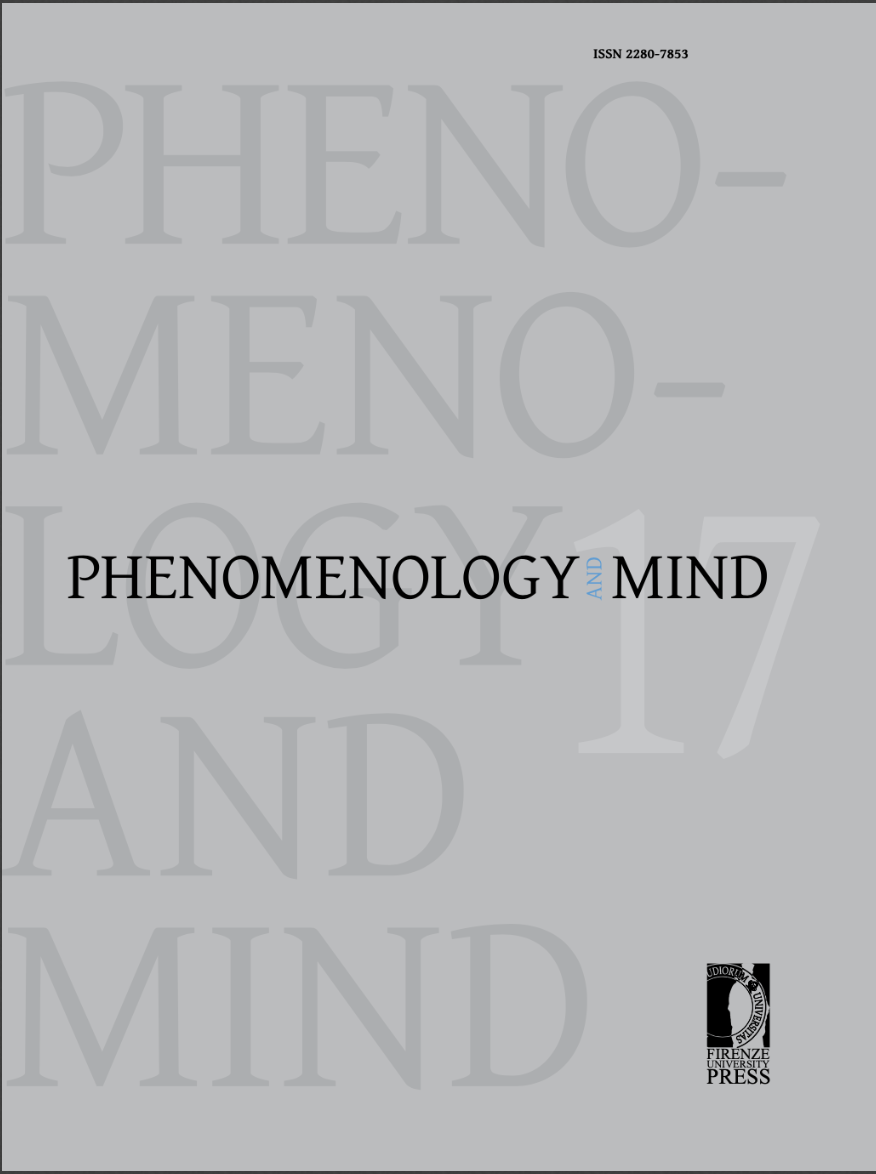Published 2016-11-27
Keywords
- Damasio,
- emotions,
- feelings,
- intersubjectivity,
- intentionality
How to Cite
Abstract
Antonio Damasio’s Theory of Emotions has deeply contributed to the understanding of the cognitive significance of affective states and of the relation between embodiment and cognition. Nevertheless, in this paper I argue that his account is inadequate from a phenomenological point of view. In the first place, I suggest that Damasio doesn’t provide a plausible analysis of the intentionality of emotions, ignoring both the intentional structure of feelings and the variety of objects they can be directed at. Secondly, I claim that by adopting a physiological approach to the study of emotions he can hardly account for their responsiveness to education and thus for the idea that it is possible to speak of responsibility also with regard to affective life. Besides, I suggest that Damasio doesn’t provide a plausible description of the way we become aware of other people’s affects, because he argues in favour of a separation between external behaviour and inner mental states.

